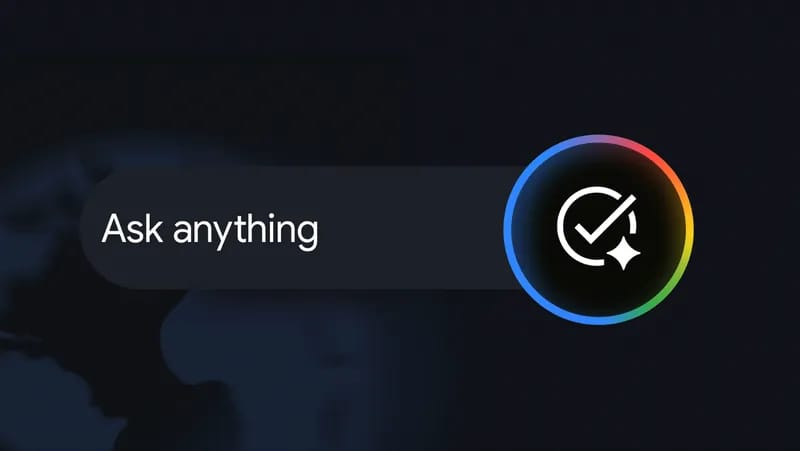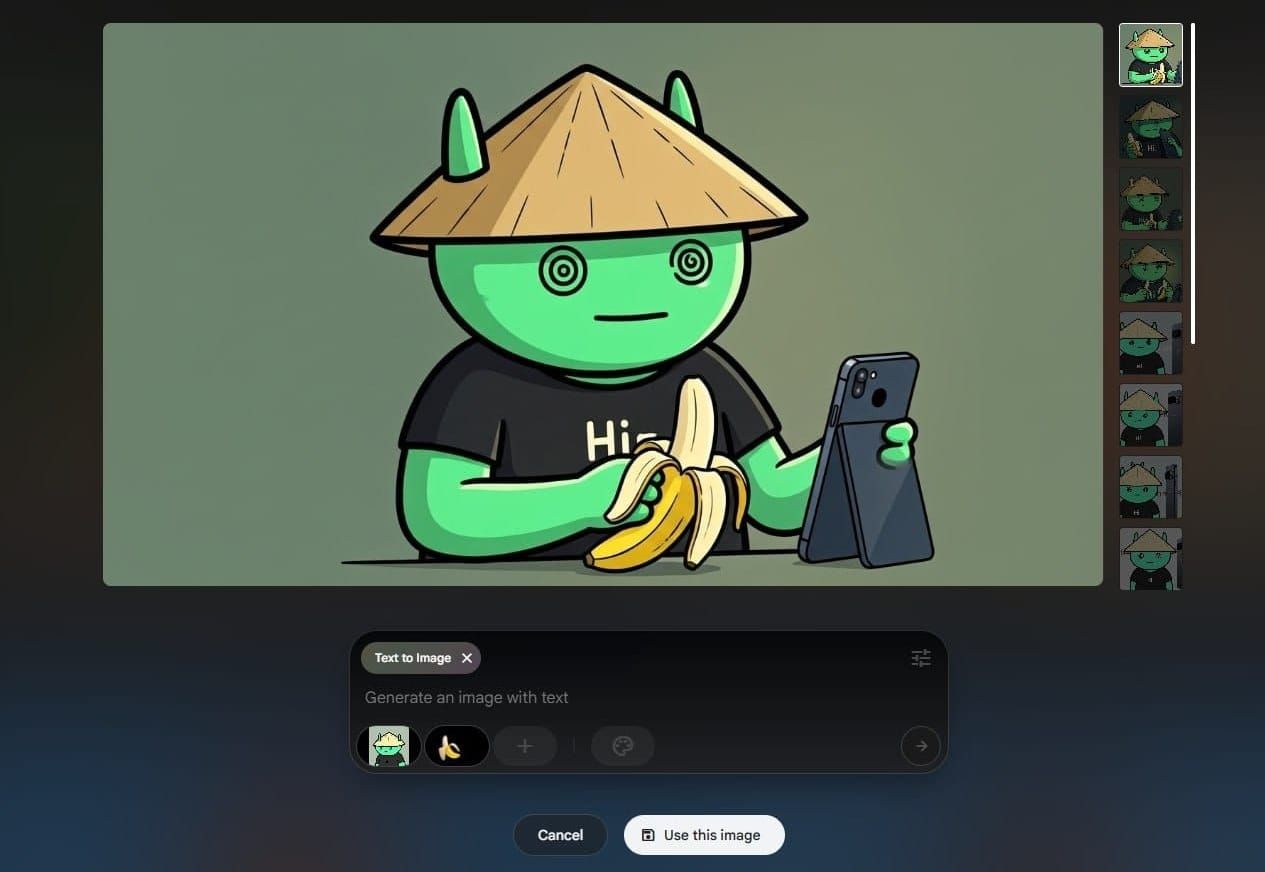- AI Report by Explainx
- Posts
- Google's AI Mode, Agentic AI & more
Google's AI Mode, Agentic AI & more
Google expands AI Mode with task automation, Anthropic launches AI education board & courses, and Google unveils Nano-Banana AI to power next-gen creative tools.
AI is accelerating across search, education, and creativity and this week brings some major updates you don’t want to miss.
This Week’s AI Highlights
🔍 Google expands AI Mode – bringing task automation like restaurant bookings and real-time availability into Search, making it more interactive worldwide.
🎓 Anthropic launches AI in education – with a Higher Education Advisory Board and free AI Fluency courses to support responsible use in classrooms.
🎨 Google unveils Nano-Banana AI – a new creative model powering text-to-image, video variations, and social sharing features across Gemini, Whisk, and Flow.
Basics of Agentic AI
AI is evolving across everyday search, education, and creativity—reshaping how we work, learn, and express ideas.
Google Expands AI Mode with Task Automation

Google has enhanced its AI Mode in Search with new features that help users complete tasks like making restaurant reservations by considering multiple preferences and finding real-time availability across platforms. Available initially in the U.S. for Google AI Ultra subscribers, this mode uses live web browsing, partner integrations, and Google Maps to streamline actions. It also offers personalized recommendations based on past preferences and allows users to share AI responses with others for collaboration. The service, already in the U.S., India, and the UK, is expanding to over 180 countries in English, making Google Search more interactive and helpful worldwide while giving users control over their personalization and privacy settings.
Big investors are buying this “unlisted” stock
When the founder who sold his last company to Zillow for $120M starts a new venture, people notice. That’s why the same VCs who backed Uber, Venmo, and eBay also invested in Pacaso.
Disrupting the real estate industry once again, Pacaso’s streamlined platform offers co-ownership of premier properties, revamping the $1.3T vacation home market.
And it works. By handing keys to 2,000+ happy homeowners, Pacaso has already made $110M+ in gross profits in their operating history.
Now, after 41% YoY gross profit growth last year alone, they recently reserved the Nasdaq ticker PCSO.
Paid advertisement for Pacaso’s Regulation A offering. Read the offering circular at invest.pacaso.com. Reserving a ticker symbol is not a guarantee that the company will go public. Listing on the NASDAQ is subject to approvals.
Anthropic Launches AI Education Advisory Board and Courses

Anthropic has launched two new initiatives to support AI in education: a Higher Education Advisory Board and three AI Fluency courses designed for educators and students. The advisory board, chaired by Rick Levin, former Yale University president and Coursera executive, includes academic leaders who will guide the ethical development and integration of AI in higher education to ensure it enhances learning and protects academic integrity and student privacy. The newly developed AI Fluency courses, co-created with educators, provide practical frameworks for responsible AI use in teaching and learning. These courses support faculty in integrating AI into their practices, help students develop critical thinking skills alongside AI collaboration, and assist institutions in building AI literacy. Available under a Creative Commons license, these efforts aim to help universities navigate the transformative impact of AI thoughtfully and responsibly while preparing students and educators for an AI-enhanced future. More information and course access are available at anthropic.com/learn.
Google Unveils Nano-Banana AI for Enhanced Creative Tools

Google is preparing to integrate its new nano-banana AI model across various creative tools, including Gemini, Whisk, and Flow, where it will power a new Text-to-Image feature. This feature will enable users to input reference images and generate multiple variations suitable for video production, making Flow a versatile platform for both image and video creation. Google is also testing practical updates like vertical aspect ratios for content tailored to platforms like TikTok and YouTube Shorts, as well as prompt “preambles” that help users enhance their input with rich, context-aware language presets such as Vlogging or Cinematic. Additional social features in development include options to favorite videos and share them via QR codes, streamlining content sharing and organization. The nano-banana model is designed to advance Google’s capabilities in multimodal and reference-based image generation, supporting the company’s goal to create accessible and versatile creative tools for both casual and professional users, although no exact release date has been announced yet.
Hand Picked Video
Understand Agentic AI
Top AI Products from this week
Omnara – Omnara frees Claude Code from the terminal. Start coding locally, then pick up instantly on web or mobile. Switch devices seamlessly, never lose progress. Get push notifications when agents need you and approve changes with one tap. SDK works with any AI agent
ProfileSpider – Extract professional profiles from any website in one click. AI-powered Chrome extension that builds contact lists, exports to your CRM or ATS, and saves hours of manual data entry.
GitArsenal – Stop wasting hours on environment setup. Our AI agent takes any GitHub repository and gets it running automatically, debugging every error, installing every dependency, and handling all the painful setup work that usually kills your coding momentum.
Fastposterai – Create stunning posters instantly using AI. Fast, easy, and professional results in seconds.
LanceQ – LanceQ is a collaborative platform that helps startup founders and businesses quickly build and launch AI or software projects with expert-led freelance teams. Choose ready-to-go service packages, GenAI-powered execution, and NDA + SLA-backed delivery.
LFM2-VL – LFM2-VL is a new series of open-weight vision-language models from Liquid AI. Designed for on-device deployment, they offer up to 2x faster inference on GPU and come in 450M and 1.6B parameter sizes.
This week in AI
Google Photos AI Edits - Edit photos by simply asking with text or voice on Pixel 10. See AI edits' origins with C2PA Content Credentials for transparency.
Higgsfield AI WAN 2.2 - Higgsfield AI released WAN 2.2, a fast open-source model with 30+ viral presets for quick Click-to-Video rendering, boosting content creation efficiency.
Claude Chat Safety - Claude Opus 4 can end harmful or abusive conversations as a last resort, prioritizing user safety and AI welfare, while allowing chat retries and new conversations.
AI Influencer Growth - Olivia Moore grew a 100% AI influencer to 500 followers and a viral video in under 10 minutes daily using just three tools, hinting at new futures in marketing and entertainment.
AI Elements by Vercel - AI Elements is an open-source React library for building customizable AI interfaces with Vercel AI SDK, offering flexible UI components like message threads and response panels.
Pixel 10 AI Features - Pixel 10’s Tensor G5 chip powers AI tools like Magic Cue, Voice Translate, Gemini Live, and more to boost productivity, language support, and creative tasks.
Paper of The Day
The paper introduces Language-Guided Tuning (LGT), a novel framework using multiple large language models to optimize machine learning configurations through natural language feedback alongside numeric methods. LGT’s multi-agent system coordinates tuning across model architecture, feature engineering, training strategy, and hyperparameters, achieving up to 23.3% accuracy improvement and 49.3% error reduction on diverse datasets. Unlike traditional methods, LGT offers interpretable optimization by explaining decisions in natural language, enabling faster convergence and more effective, transparent model tuning.
To read the whole paper, go to here.

